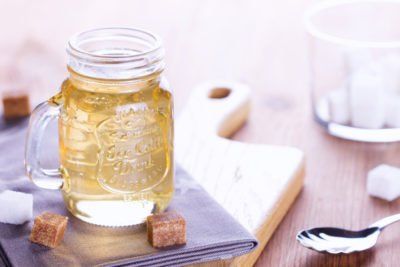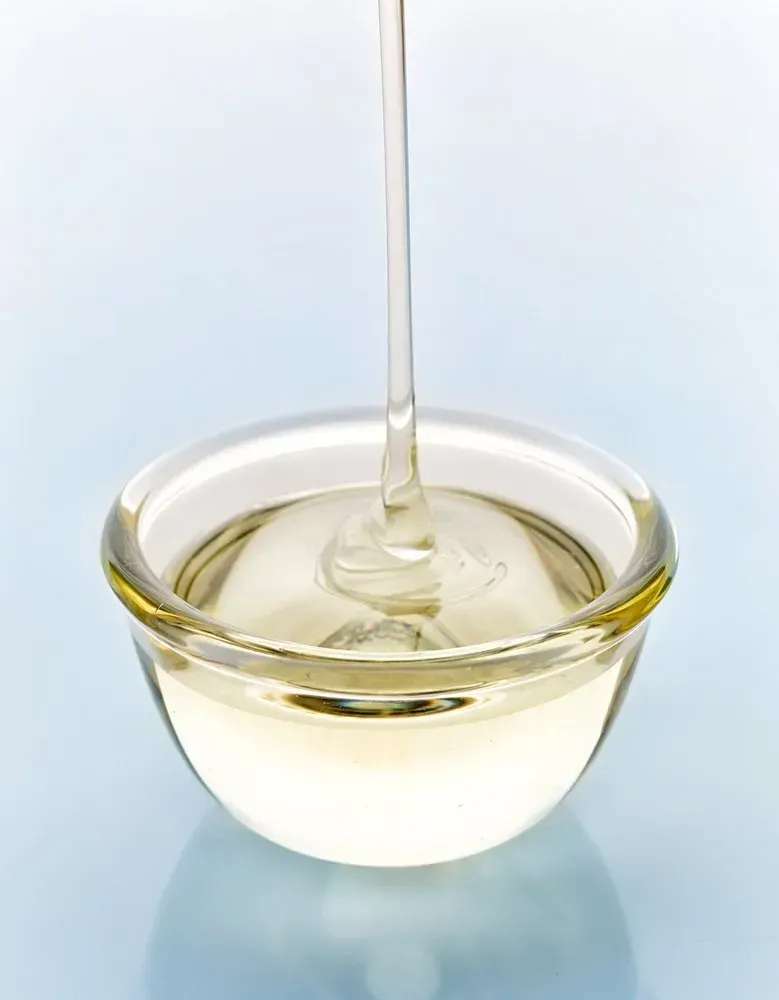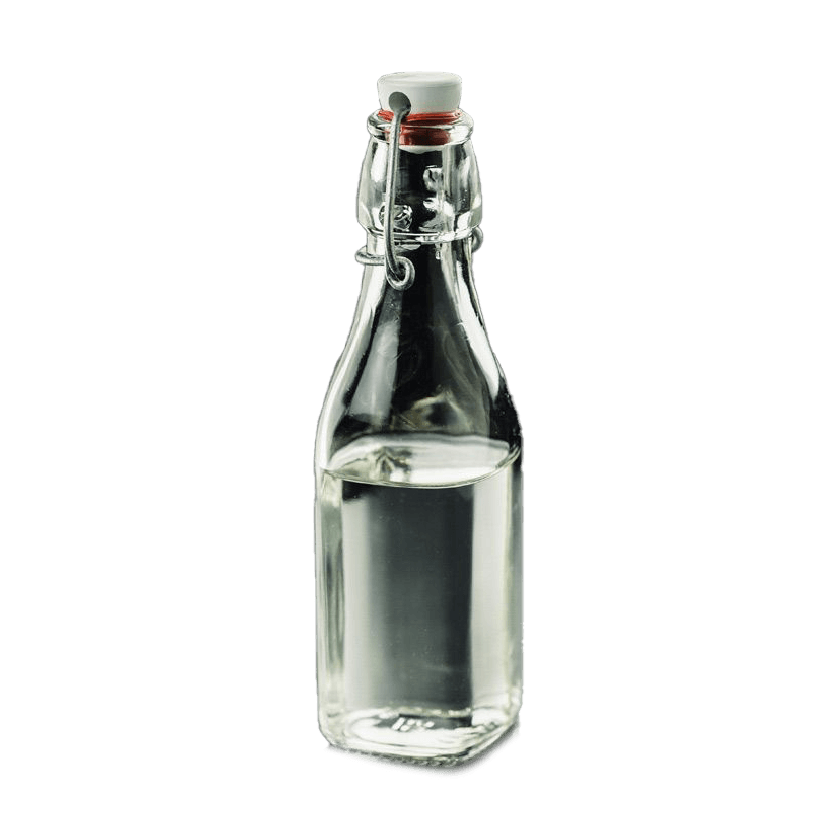Organic Liquid Sugar
Premium Organic Liquid Sugar
At Indiana Sugars, our liquid organic sugar is a premium, pure-cane solution, developed to provide an easy-to-handle alternative to granulated sugars. Every batch is carefully produced with the finest sugar to provide consistent flavor. Upon special request, we have the ability to make organic liquid sucrose at less than 100 ICSUMA.
Available Sizes: Available in 5-gallon pails, 55-gallon drums, 275-gallon totes, or 5,000-gallon bulk trailers. Our MOQ is 18,000 LBS.
Product Specifications
Read our product specification for LS-300.
Why Choose Organic Liquid Cane Sugar?
Organic liquid sugar is sourced from organic sugar cane, grown according to specific National Organic Program (NOP) standards. Typically, a USDA agent or similar certifying agency will inspect farmland for adherence to the rules of organic growth. For example, organic farming practices include crop rotation and strict abstinence from genetically modified seeds, sewage sludge, and synthetic fertilizers that could contaminate crops.
Additionally, “organic” is not a term that can be inconsequentially added to a food or beverage label, and sweeteners are no different. Organic sweeteners must comply with the FDA’s labeling regulations and USDA’s organic standards.
Finally, organic sugars are processed and packed according to specific NOP standards, and manufacturers are mandated to follow.
Refined vs Unrefined vs Raw Cane Sugar
Though commonly misunderstood, refined, unrefined, and raw sugars are distinct.
Unlike the name seems to imply,
Unrefined Sugar is slightly refined. However, it comes from freshly harvested cane sugar. Additionally, unrefined cane sugar has enough molasses content to tint the sugar brown and emit a strong flavor. Organic unrefined sugar is made according to the NOP standards discussed above!
Raw Sugar is significantly more refined than Unrefined Sugar, containing less molasses content. Organic raw sugar also must comply with the previously aforementioned standards.
Finally,
Refined Sugar is produced from raw sugars to remove impurities. Due to processing methods, refined sugar cannot be labeled certified organic.
Related Products
Liquid Sugar
This type of liquid sugar is produced by taking water and mixing it with white sugar.
Invert Sugar
Full Invert Sugar is a premium, pure sugar solution that was developed to provide an alternative to granulated sugars. It is carefully produced with the finest sugar to provide consistent flavor and color.













